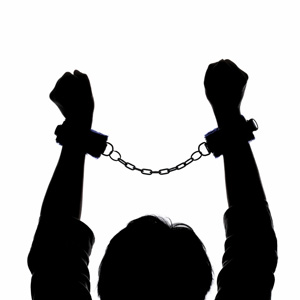Fair Use Nixed in Music Download Case, So Defense Team to Focus on Damages
The defense team in a high-profile illegal music downloading case against physics graduate student Joel Tenenbaum had hoped to rely on a fair-use doctrine defense. But after that plan was nixed by U.S. District Judge Nancy Gertner, who said interpreting fair use in this manner would eviscerate copyright law, the new plan is to focus on damages.
A not-guilty verdict is now unlikely, Debbie Rosenbaum, a Harvard Law School student who is working with professor Charles Nesson on the case, tells the Harvard Crimson. So “the plan moving forward is mostly to focus on the policy arguments—that what the music industry is doing to individuals is unfair,” and seek to keep any damages awarded by the jury to a minimum.
The Recording Industry Association of America has accused Tenenbaum, 25, of illegally downloading some 800 songs. However, it has only included 30 of the claimed copyright infringements in its Boston federal court case. Nonetheless, he could face a maximum of $4.5 million in penalties, recounts the Metro Desk blog of the Boston Globe.
The RIAA has sent more than 18,000 letters in recent years demanding reimbursement for illegal downloading, but most recipients have settled. Tenenbaum, who was one of the recipients, is only the second individual to bring such a case to trial. In the first case, a federal jury in Minnesota last month reached a $1.92 million verdict against Jammie Thomas-Rasset.
Additional coverage:
Computerworld: “With fair-use defense rejected, RIAA music piracy trial could end with big fine”



